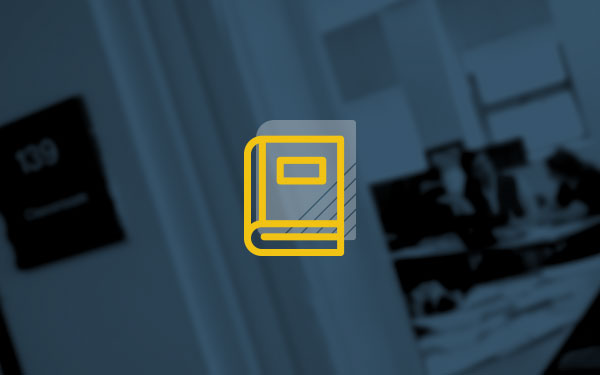
PEC-448 Env Economics and Law
Examines the economic, legal, and political systems that affect and regulate the use and conversation of the environment. Examines topics such as sustainable development and environmental regulation.
Work towards the future of your dreams.
The B.S. in Economics and Public Policy empowers students to master the foundational principles of economics while exploring a range of competing theories and approaches. Rooted in a commitment to social justice and addressing real-world disparities, this program invites students to question the status quo and reclaim economics from traditional spheres.
Through rigorous coursework and hands-on research opportunities alongside faculty, students apply both quantitative and qualitative methods to generate, interpret and critique data in real-world contexts. Graduates emerge with the skills to develop nuanced understandings of the systems and structures that sustain economic phenomena and are well-prepared to pursue advanced study at prestigious institutions like the London School of Economics and Carnegie Mellon, with some going on to become Fulbright Scholars and attend law school.

Tara Davis, Interim Director of Traditional Admissions
Course Format
On-campus courses
Academic Term
16-week semesters
Tuition for the 25-26 Academic Year
$47,490

Examines the economic, legal, and political systems that affect and regulate the use and conversation of the environment. Examines topics such as sustainable development and environmental regulation.

Compares and contrasts capitalism, socialism and communism. Surveys the economic systems of various countries to discover strengths, weaknesses and departures from the theoretical ideal. Includes the historical backgrounds of these various economic systems.

Examines the basic principles of public finance. Considers the role of government in the economy and how government might approach solving social issues through a political economy lens. Topics include the moral economy, efficiency and equity aspects of taxation and redistributive programs, private and public solutions to problems of externalities and public goods, government provision of health care and social insurance programs, budgeting and public debt.
Get all the details on our B.S. Economics and Public Policy program, including course requirements and application materials.
Economics and Public Policy majors’ interdisciplinary and quantitative reasoning skills will make them well suited for a variety of career paths in the areas of economics, law, policy, politics, and development. Their jobs in government, companies, not-for-profits, and other organizations may involve research, policy analysis, economic and financial data analysis, modeling, advocacy, planning, as well as programmatic work.
For more information about specific career paths, visit the American Economic Association’s Careers in Economics website.

Regis University follows in the heritage of the Jesuit Catholic order, prioritizing the development of the whole person while preparing you for the modern world. Learn more about our tradition of excellence and the benefits of a Jesuit education.
To apply to the B.S. Economics and Public Policy program, you will need:
The first step in the application process is to contact an admissions counselor, who can help you through the entire application process, evaluate your prior learning credit (AP, IB, etc.) and provide information regarding financial aid and tuition assistance.
Full-time tuition for the 2025-2026 academic year: $47,490/year (fall and spring semesters)
Part-time tuition for the 2025-2026 academic year (less than 12 credit hours per semester): $1,583/credit hour
Tuition is one part of the overall cost of attendance, which includes all expenses students may have, including basic living costs. For more information about tuition, fees and your estimated cost of attendance, visit our Tuition and Fees for Traditional Undergraduates page. Tuition and fees are subject to change.
Curious about financial aid options? Regis offers a variety of scholarships, grants and other programs to help you pay for school. Check out our Net Price Calculator to get a better look at what your financial aid package may include.
The Bachelor of Science in Economics and Public Policy is offered by the History, Politics and Political Economy Department within Regis College.